We see a very significant increase in ERCOT's demand this summer – which isn’t so much tied to extreme heat, but instead meaningful load growth over the last few years.
Texas will be experiencing its first hot event of the summer this week. While last year's max June load was <75GW, we're now predicting the same temperature (101F) to correspond with 80GW on Friday, June 16.
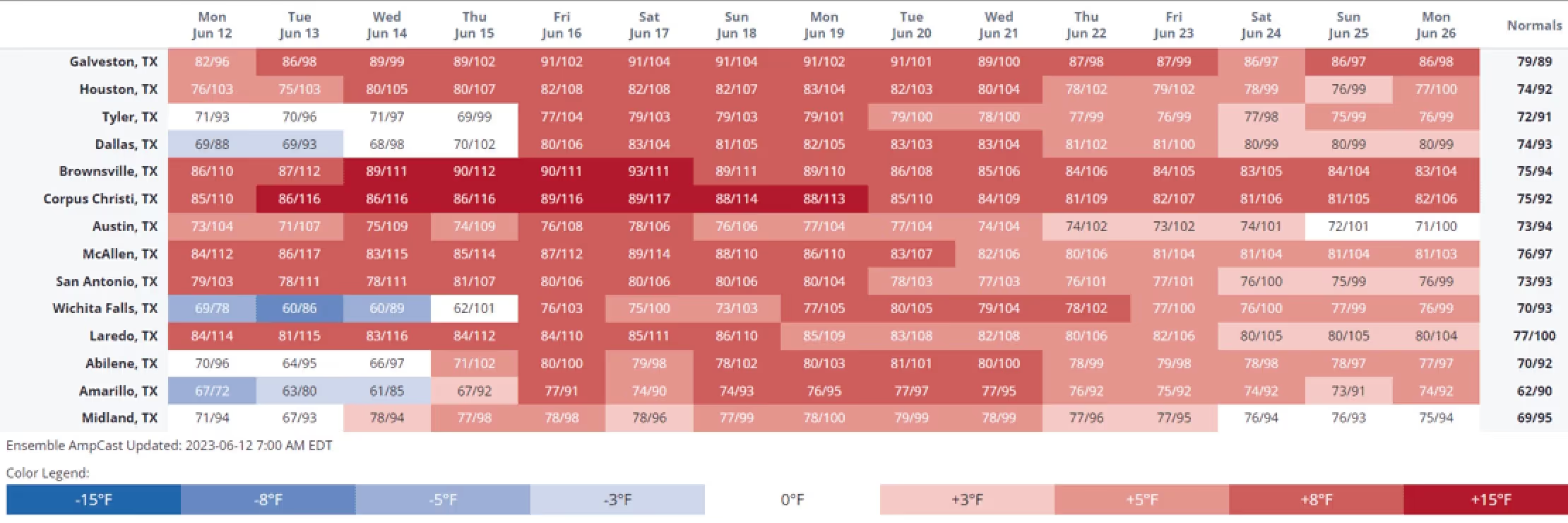
For context, 80GW is (slightly) above the highest load seen last year. Even with those forecasts, Amperon is under ERCOT's predictions that have demand shooting up to >83GW for Friday.
Similarly, we saw a higher load this May – which was fairly mild – than last year.
We can see there has been a considerable jump in ERCOT's loads in recent months. Similarly to the summer comparison, we can see that recent winter cold events with similar temperatures resulted in much higher load demand than in previous years.
Previous Winter Comparisons
This year, from late January to the beginning of February, temperatures were just around freezing point (31-32F for the minimum of the day), fetching 65GW. But for previous winters with similar temperatures:
- Jan 21st 2022: Temperatures were as low as 27F and load peaked at 63GW
- Jan 3rd 2022: Temperatures were as low as 27F, load peaked at 57.5GW
- Jan 7th 2022: Temperatures were as low as 29F, load peaked at 57GW
- Feb 23rd 2022: Temperatures were as low as 29F, load peaked at 61GW
- Jan 12th 2021: Temperatures were as low as 30F, load peaked at 59GW
This winter temperatures were as low as 17F on Dec 22nd and 14F on Dec 23rd. The load peaked at 74GW on both days. But just before the blackouts on Feb 14th, 2021, temperatures reached 17F (and were forecasted to be 9F early the next morning) with the load peaking at only 69GW.
This will be a transient hot event and only last about a week before temperatures drop back down and we see a summer that is predicted to be near climatology normals or slightly below.



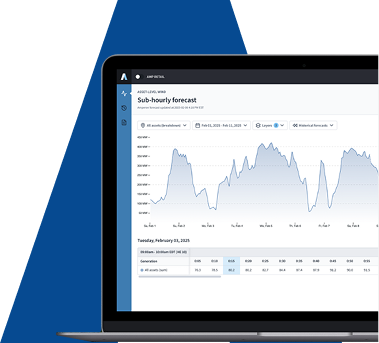
.svg)





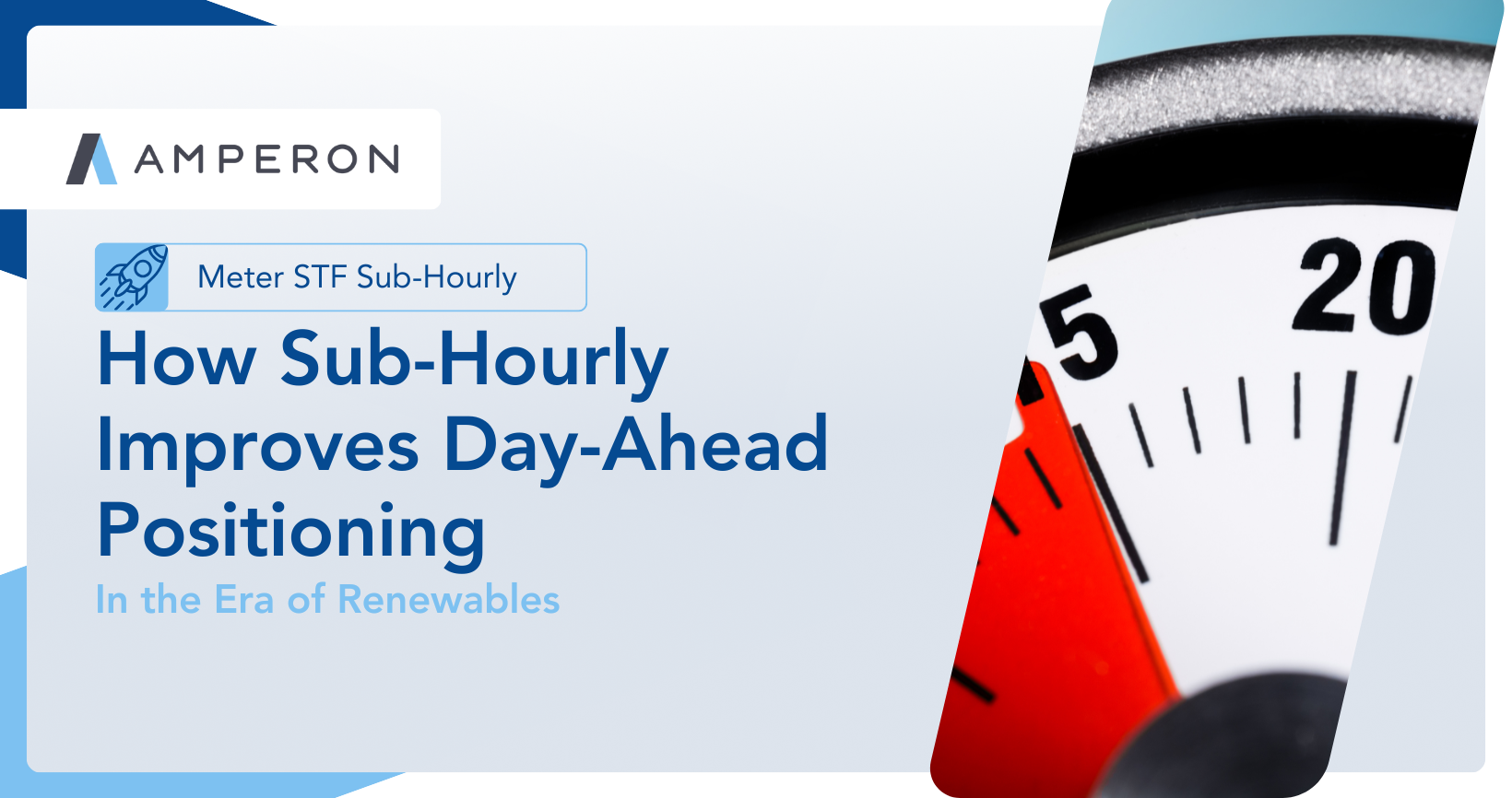








%20(3).png)
%20(2).png)
%20(1).png)






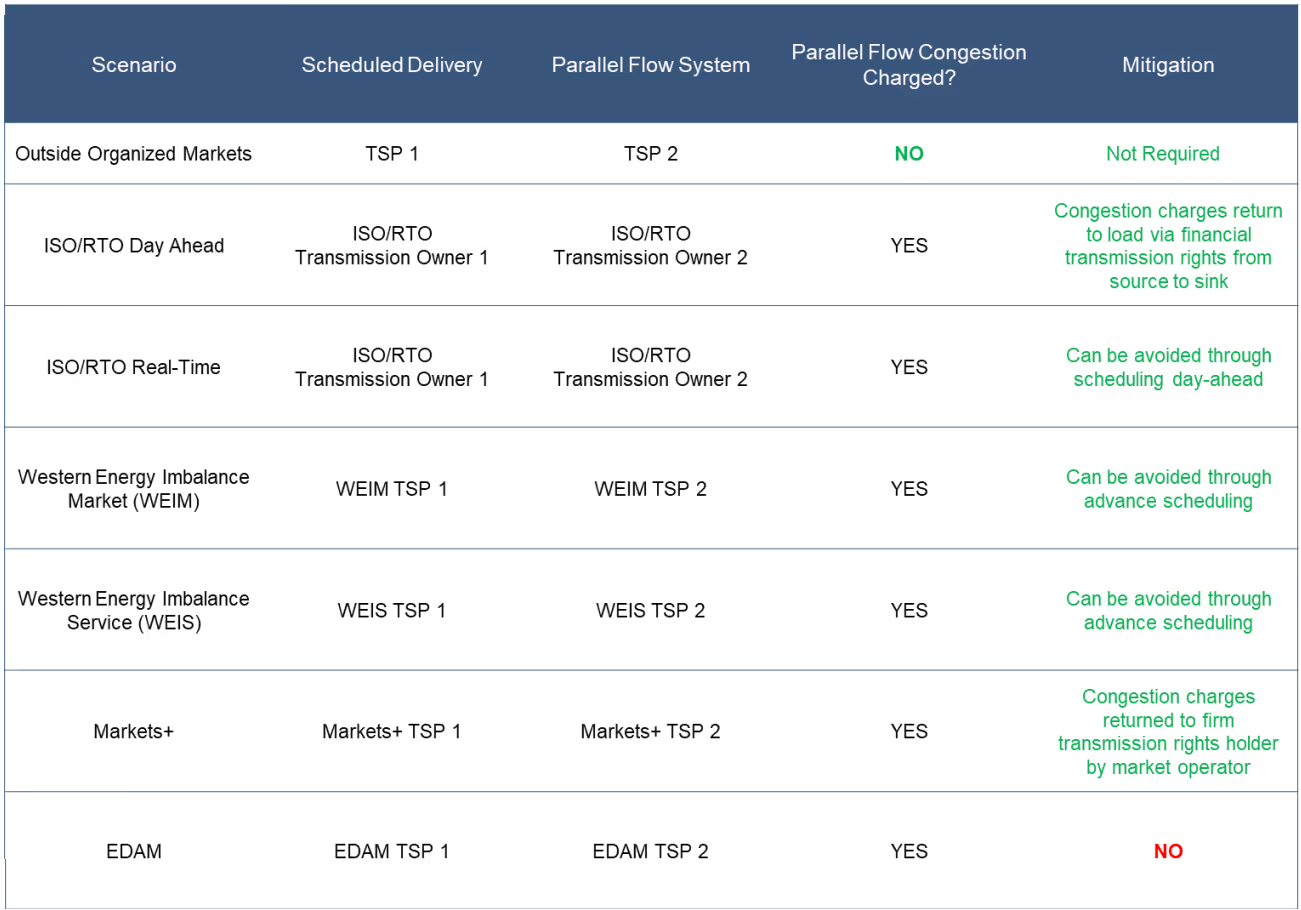
.png)

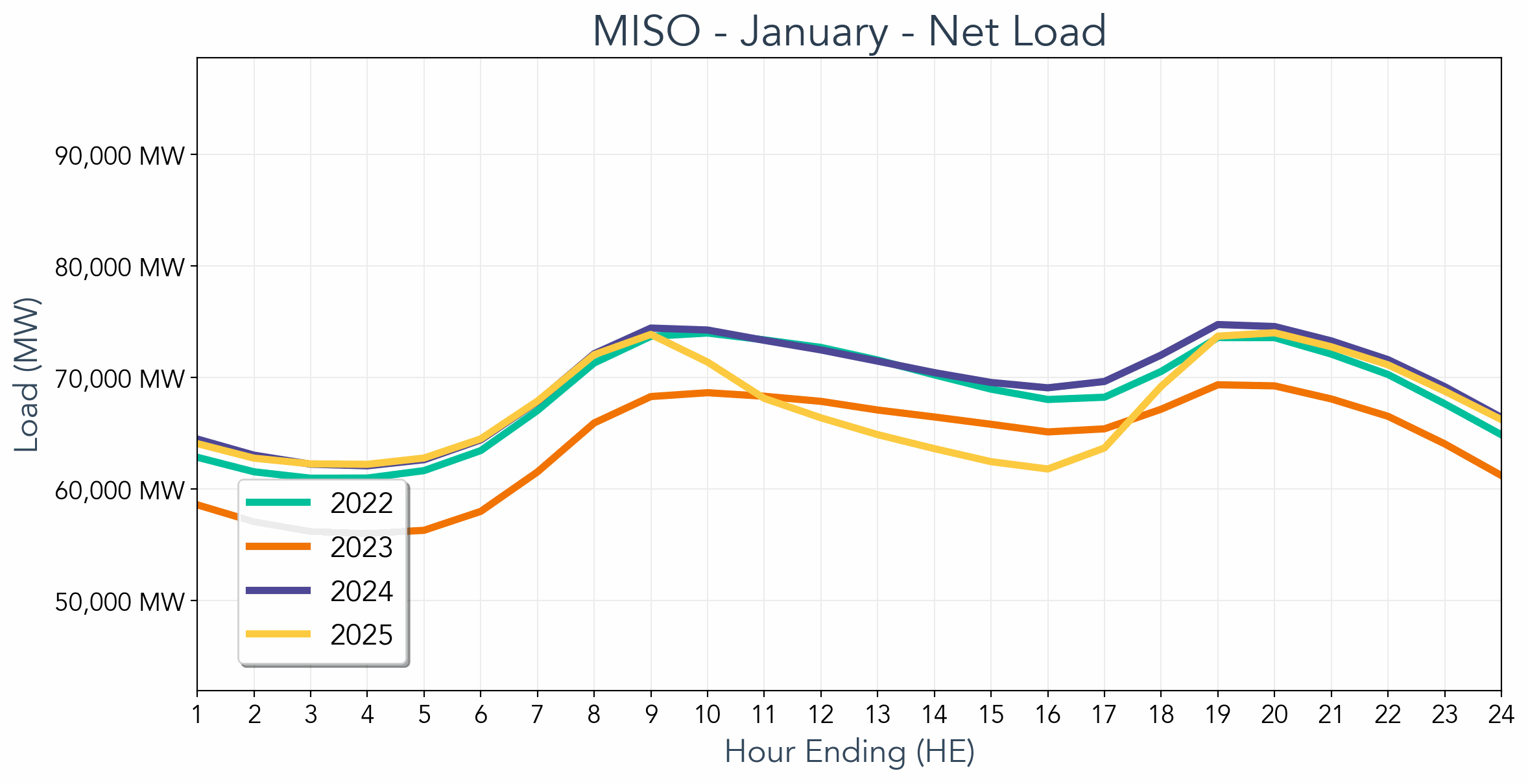

.avif)



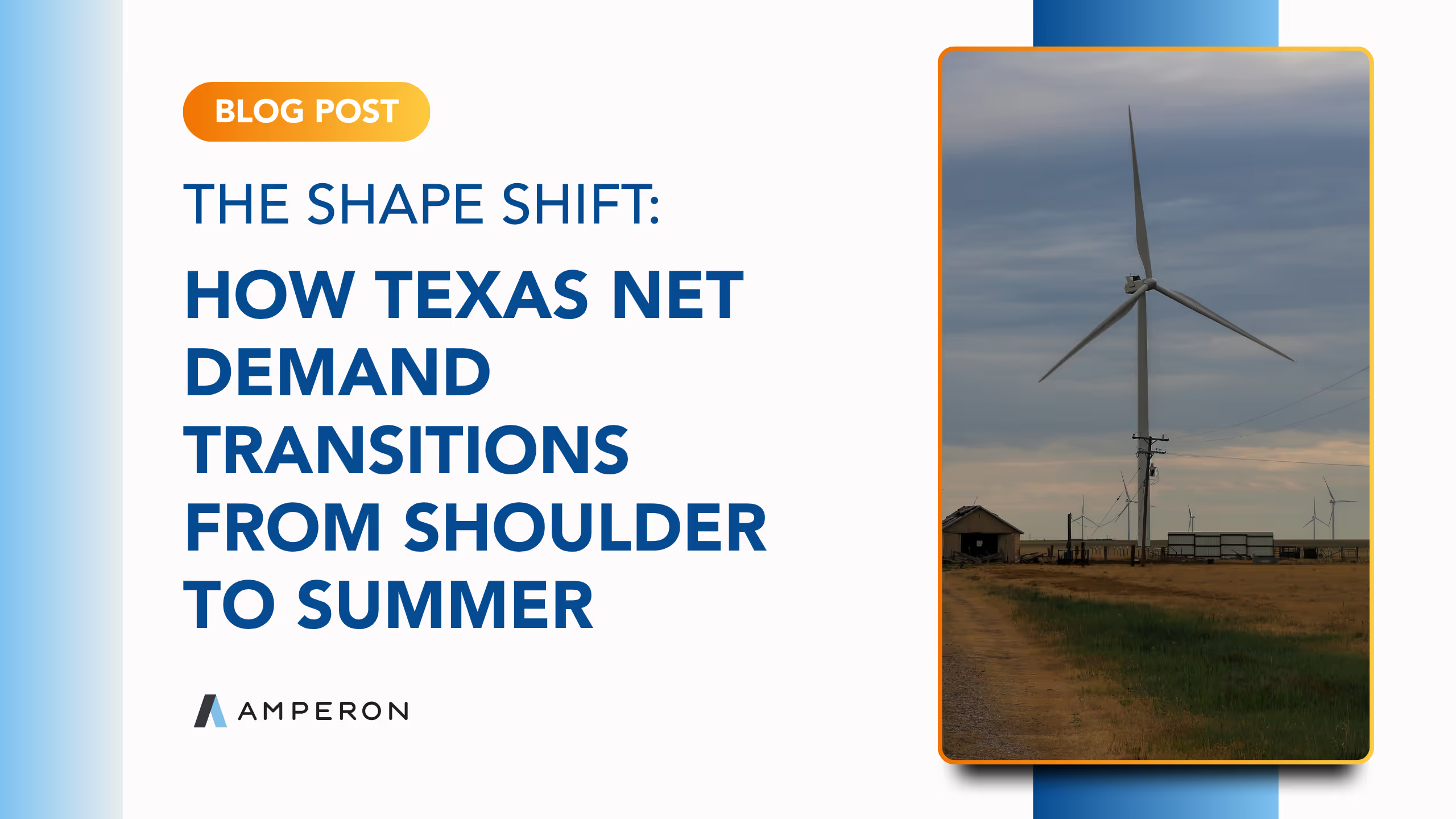
.avif)

.avif)
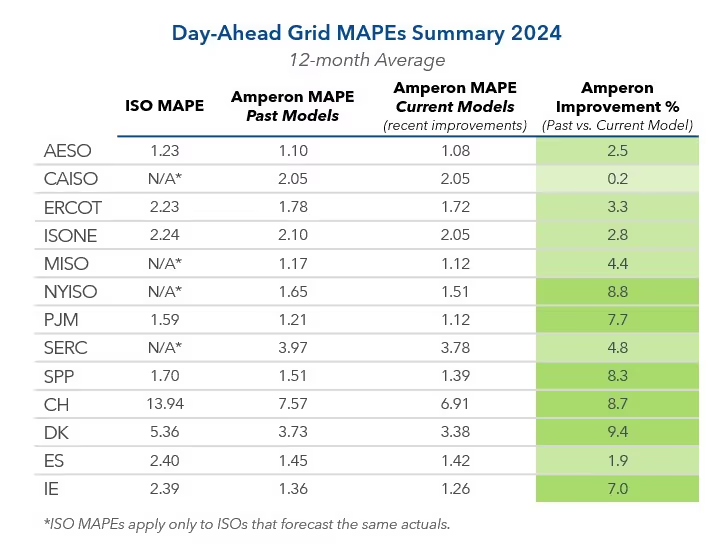

.avif)
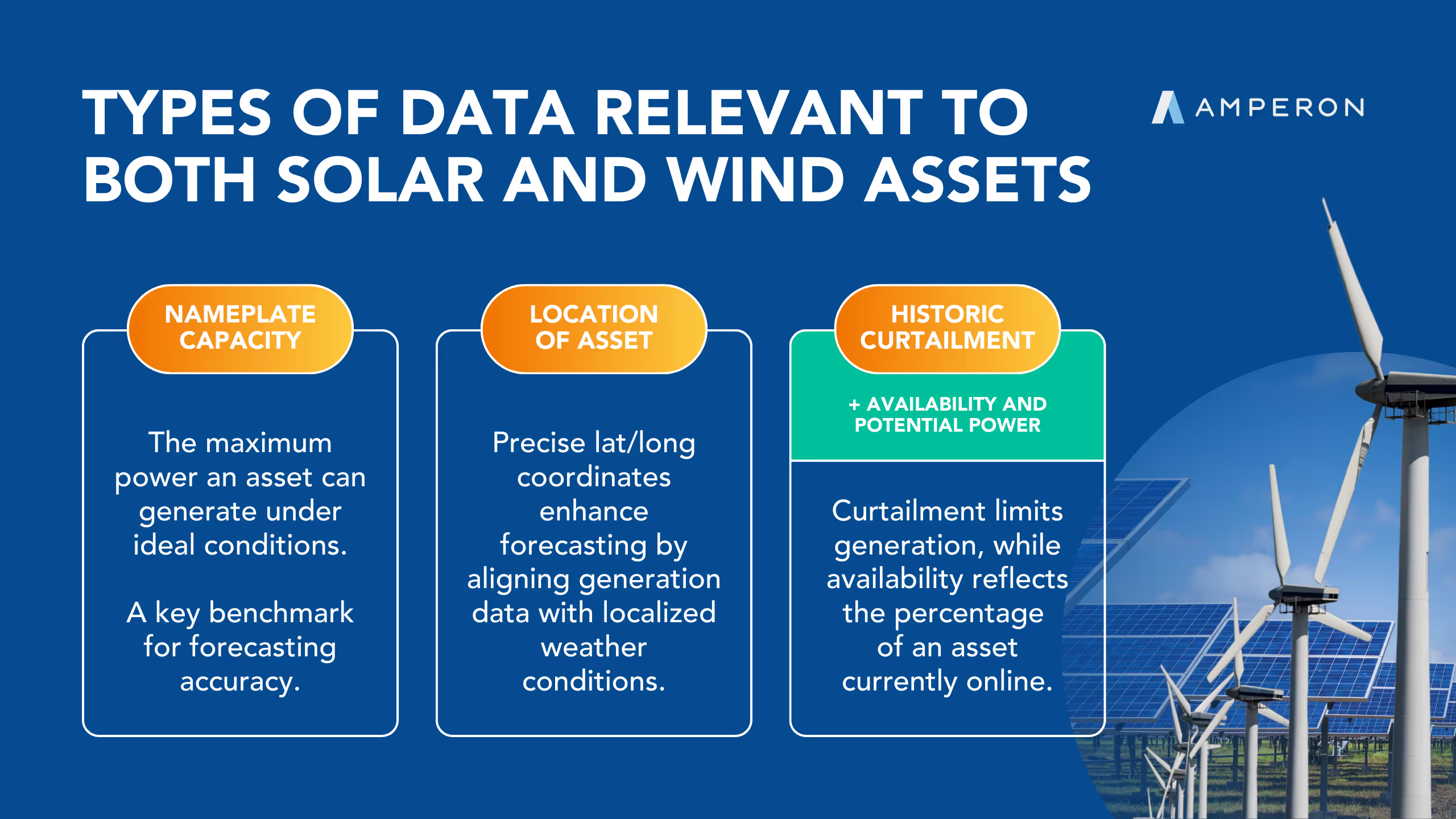


.avif)
%20(15).avif)
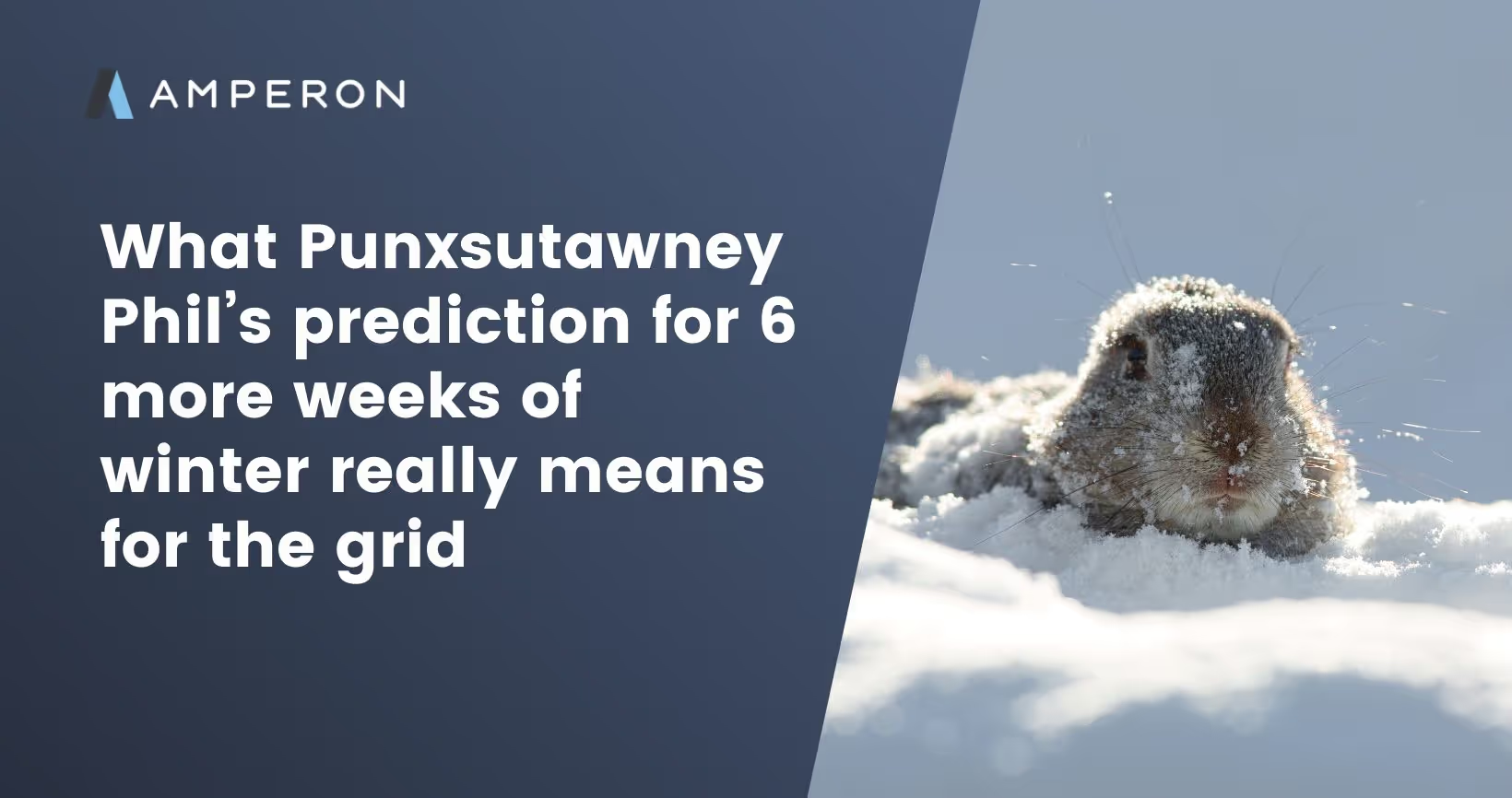
.avif)
%20(10).avif)

.avif)
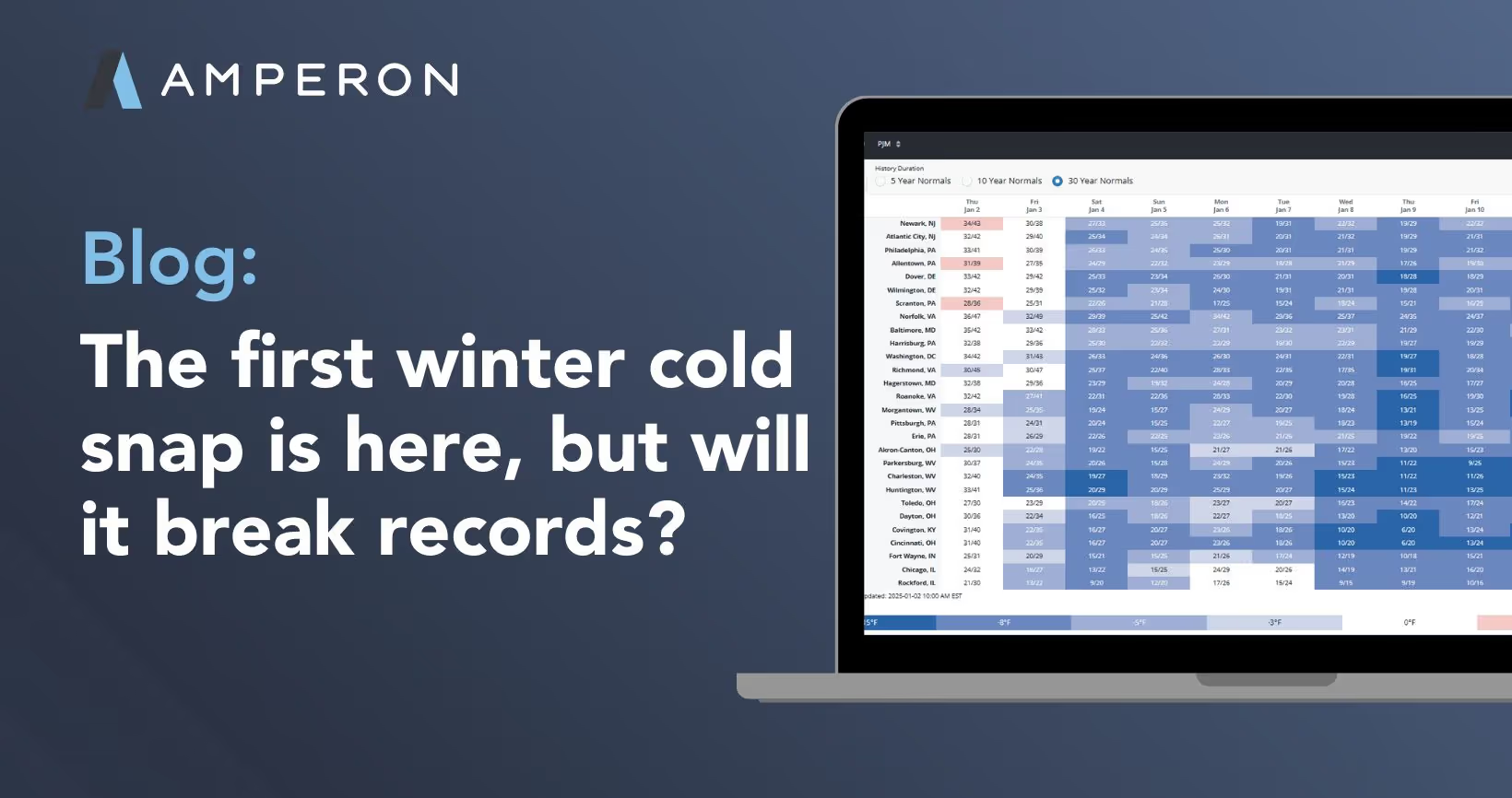

.avif)
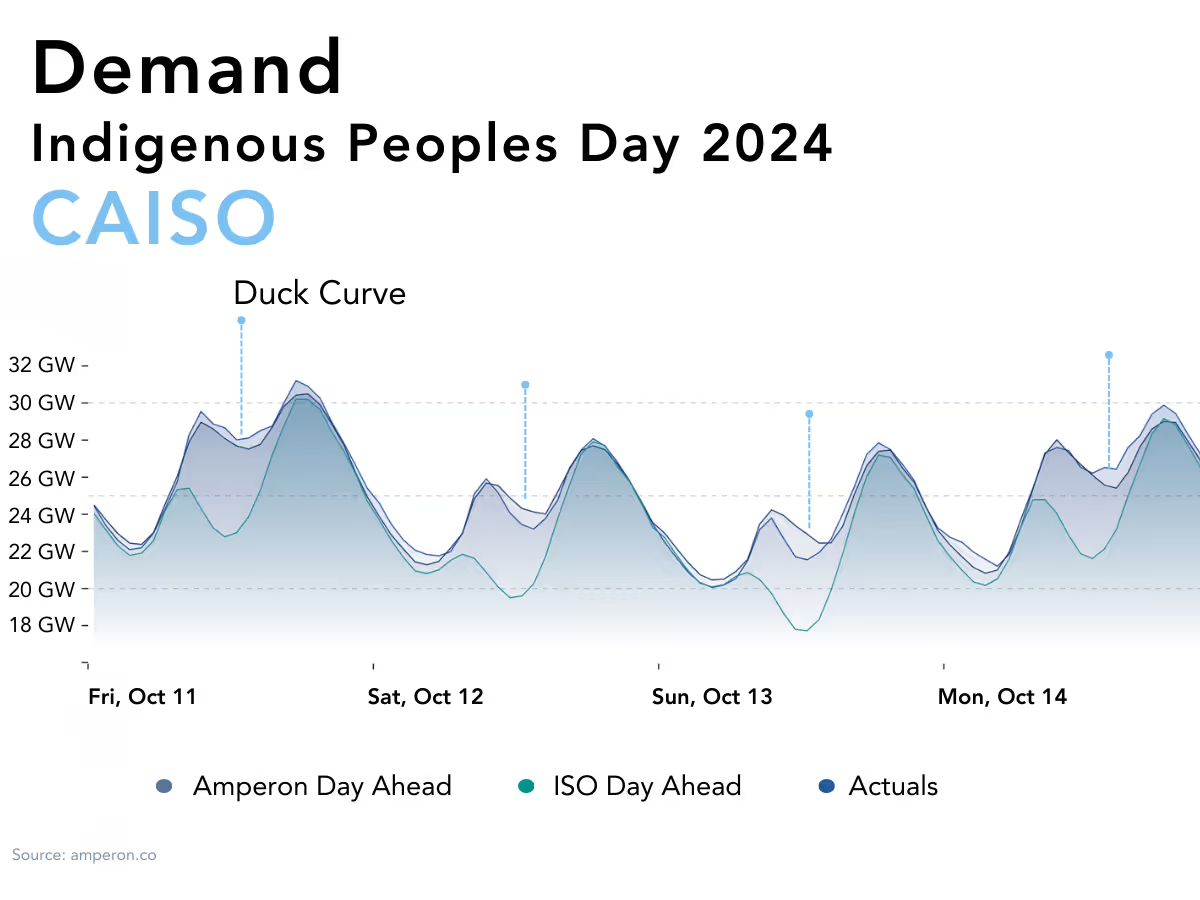
.avif)
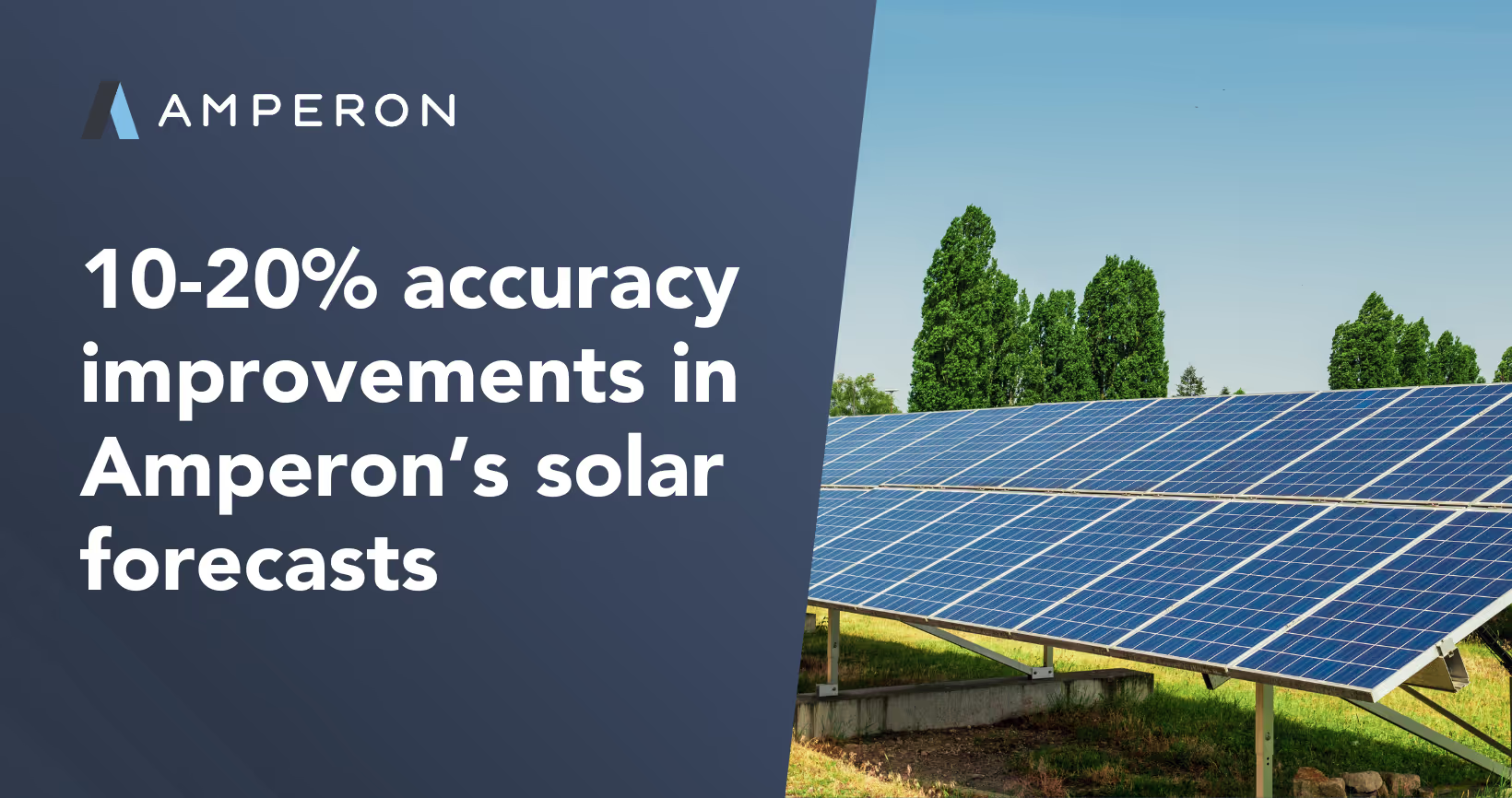





.avif)



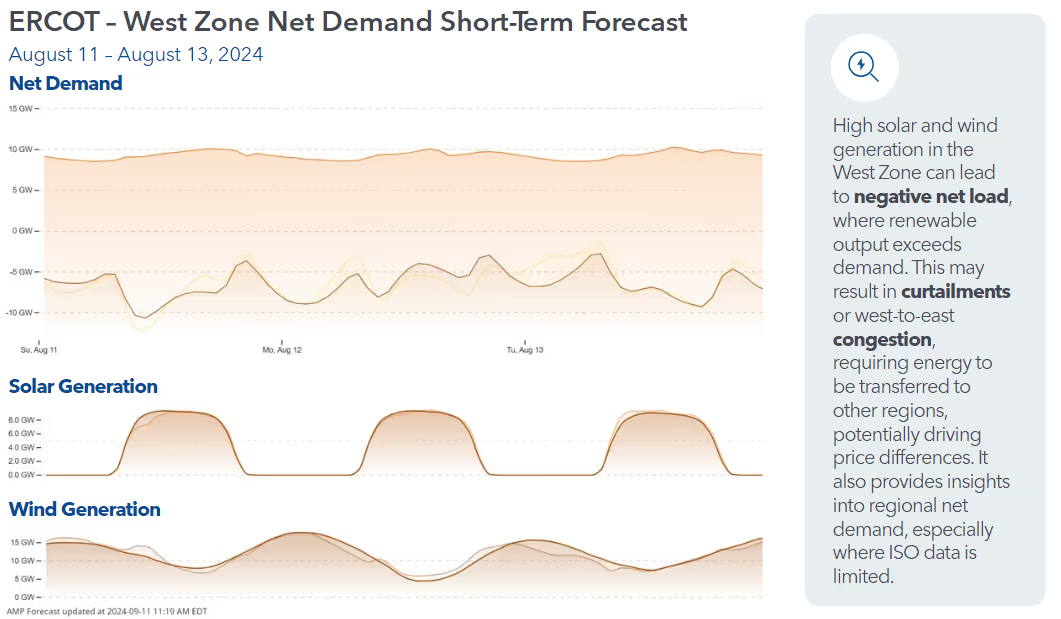
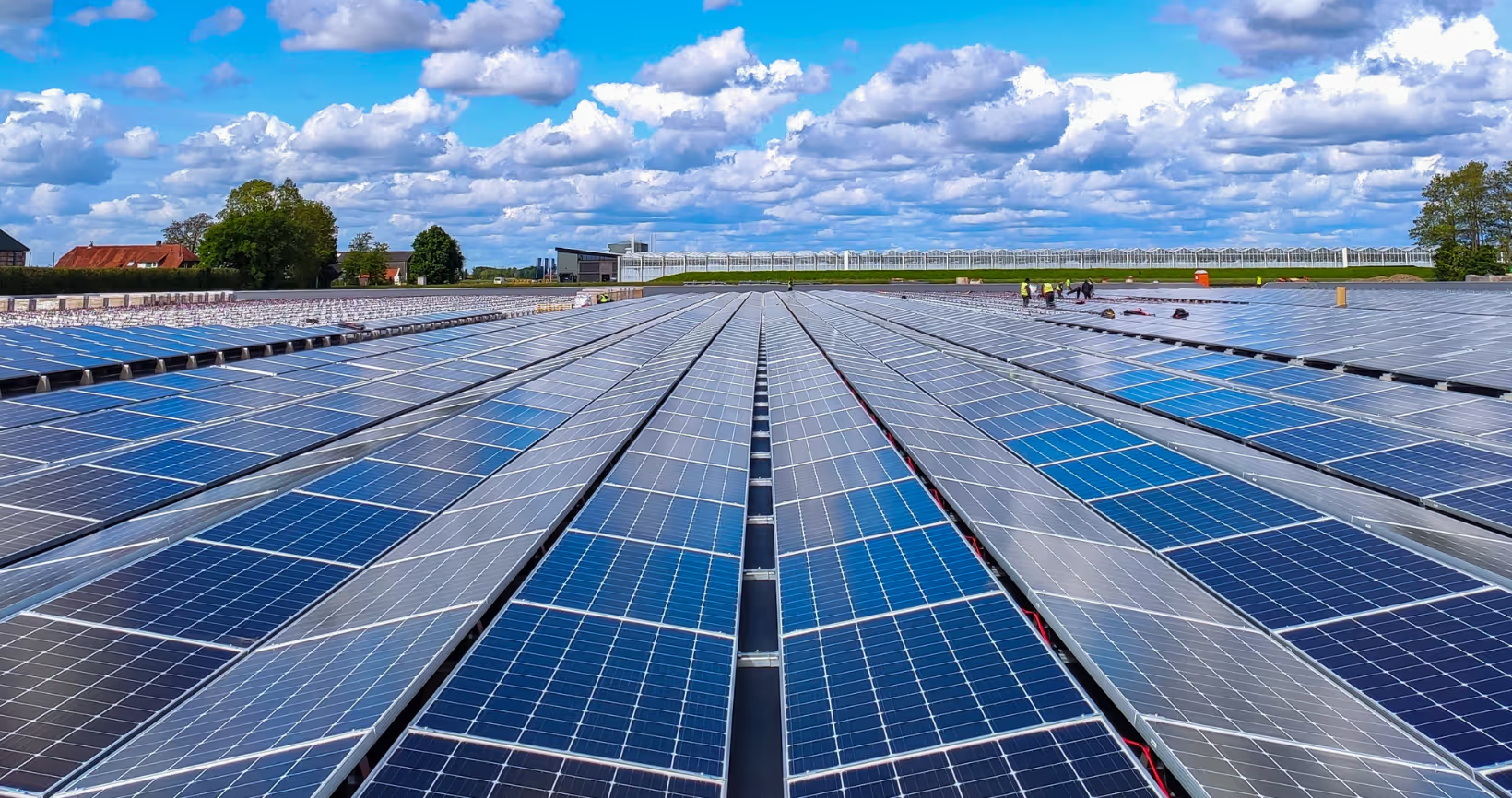


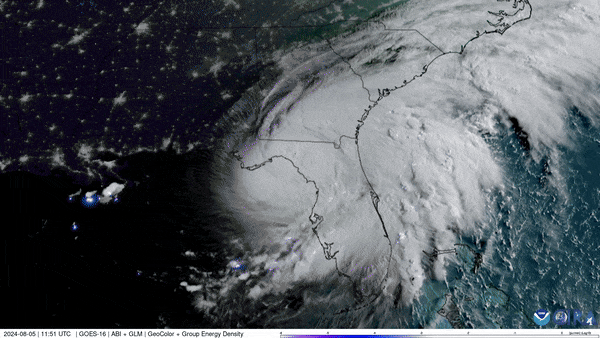

.avif)

.avif)





.avif)

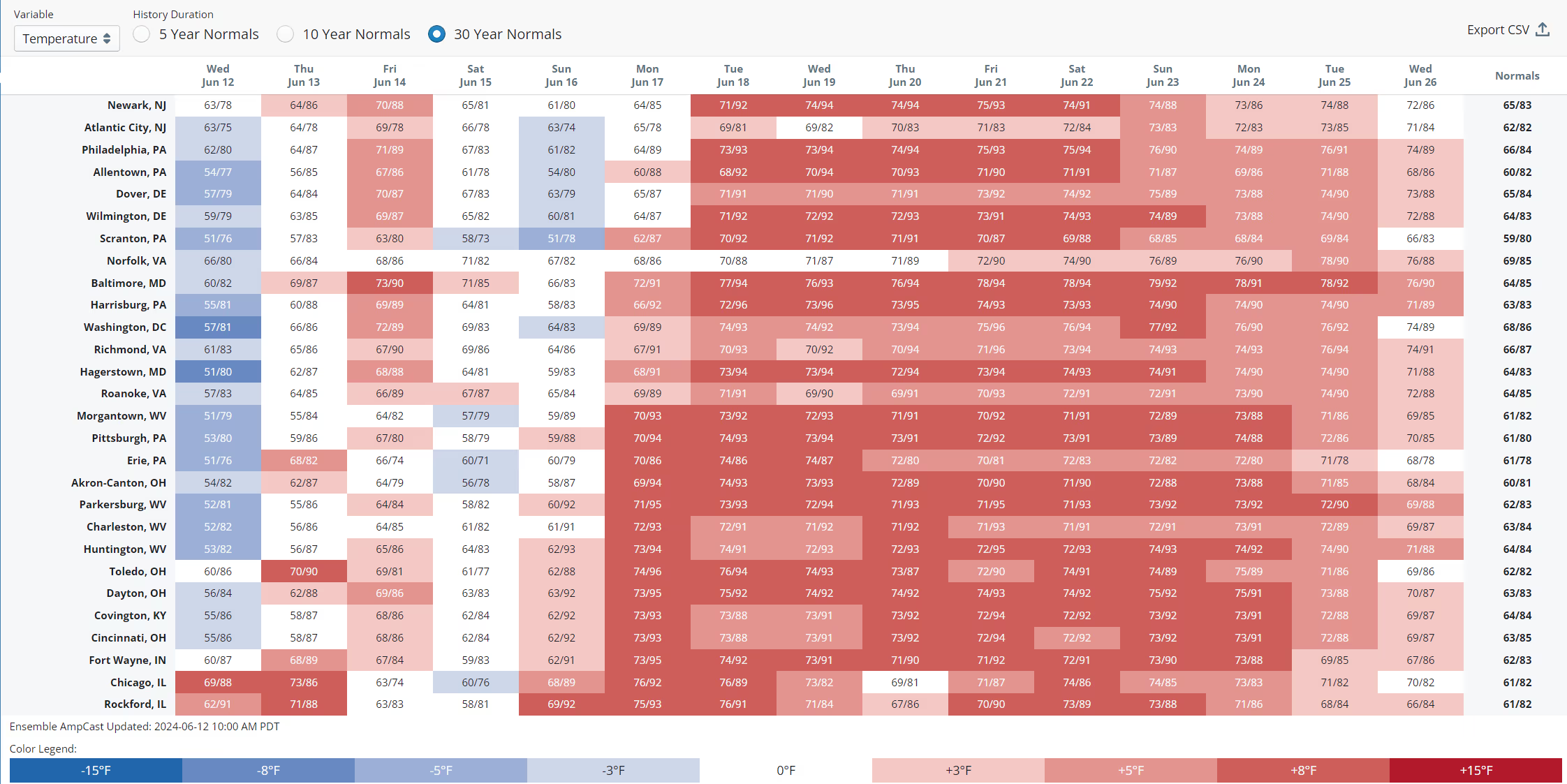
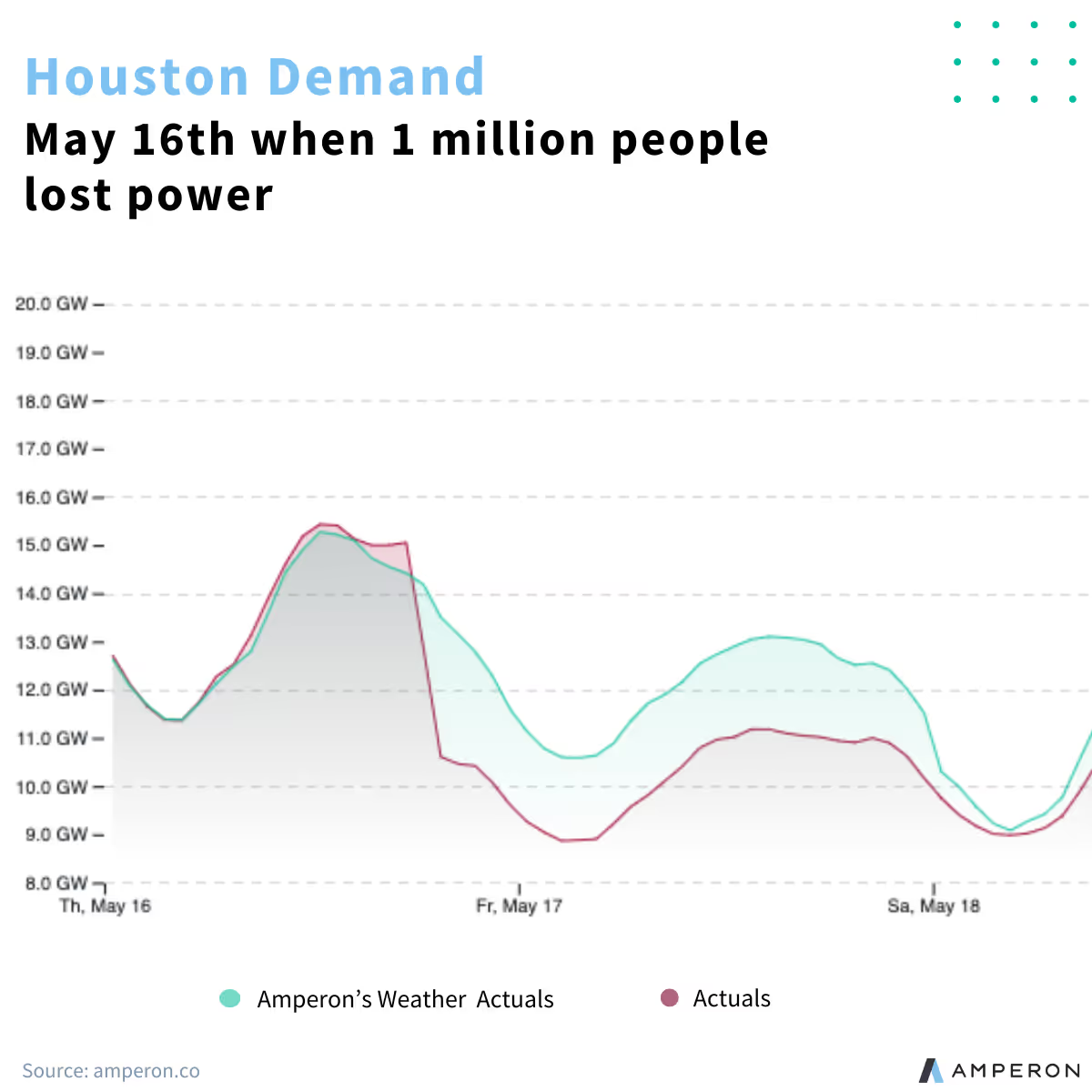


.avif)
.avif)



.avif)




